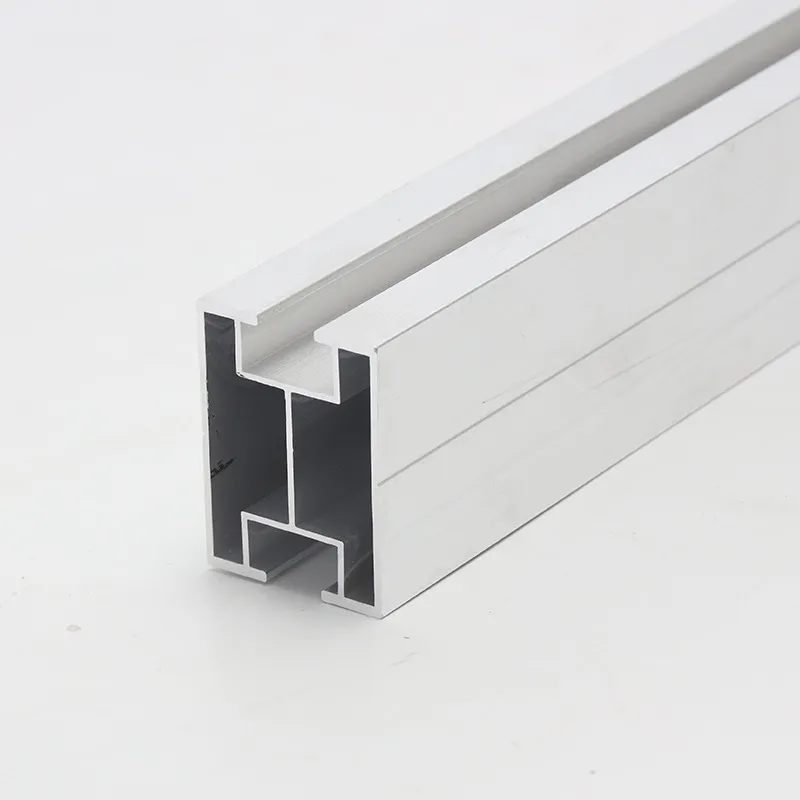

Self-Tapping Screws Designed Specifically for Aluminum Applications and Projects
Oct . 05, 2024 10:39 Back to list
Self-Tapping Screws Designed Specifically for Aluminum Applications and Projects
Self-Tapping Screws for Aluminum A Comprehensive Overview
Self-tapping screws have become an indispensable component in various construction and manufacturing processes, especially when working with materials like aluminum. Their design allows them to create their own mating thread in the material they are driven into, which provides efficiency and speed in assembly. When it comes to aluminum, using the right type of self-tapping screw is critical due to the unique properties of the metal.
Aluminum is lightweight, resistant to corrosion, and possesses excellent thermal and electrical conductivity, making it a popular choice in industries ranging from aerospace to automotive. However, its softness compared to steel means that specific considerations must be taken into account when selecting and using self-tapping screws in aluminum applications.
Self-Tapping Screws for Aluminum A Comprehensive Overview
When selecting self-tapping screws for aluminum, several factors should be considered. First, choose screws made from materials that can withstand the corrosion potential of aluminum. Stainless steel or specially coated screws are often preferred because they help prevent galvanic corrosion, which can occur when two different metals are in contact in the presence of an electrolyte.
self tapping screws for aluminum

Additionally, the screw design plays a crucial role in its performance. Self-tapping screws come with various types of thread configurations, such as coarse or fine threads. Coarse threads provide better grip and are often recommended for aluminum, as they reduce the risk of stripping the threads during installation. Meanwhile, the screw’s head style—such as pan, flat, or hex—should be selected based on the specific application requirements, including how the screws will be driven and whether a flush finish is necessary.
Another important consideration is the length and diameter of the screws. The size must be appropriate for the thickness of the aluminum material being fastened. Too long a screw can penetrate through the material, while a screw that is too short may not provide adequate holding strength. Additionally, proper tension must be applied during installation to ensure the integrity of the joint without compromising the aluminum.
Proper techniques and tools also enhance the efficiency of self-tapping screws. Utilizing an electric drill or screwdriver with adjustable torque settings can help prevent over-driving the screws, which might otherwise lead to galling or damaging the threads.
In summary, self-tapping screws are a reliable choice for fastening aluminum, providing speed and ease of installation. However, careful selection based on material properties, screw design, and installation techniques is essential to ensure effective and secure application. With the right considerations, self-tapping screws can significantly enhance productivity and reliability in aluminum assembly processes.
Latest news
-
High-Strength Hot Dip Galvanized Bolts - Hebei Longze | Corrosion Resistance, Customization
NewsJul.30,2025
-
Hot Dip Galvanized Bolts-Hebei Longze|Corrosion Resistance&High Strength
NewsJul.30,2025
-
High-Strength Hot-Dip Galvanized Bolts-Hebei Longze|Corrosion Resistance&High Strength
NewsJul.30,2025
-
Hot Dip Galvanized Bolts-Hebei Longze|Corrosion Resistance&High Strength
NewsJul.30,2025
-
Hot Dip Galvanized Bolts - Hebei Longze | Corrosion Resistance, High Strength
NewsJul.30,2025
-
High-Strength Hot Dip Galvanized Bolts-Hebei Longze|Corrosion Resistance, Grade 8.8
NewsJul.30,2025

